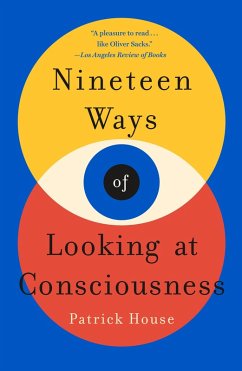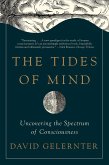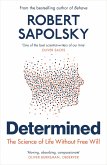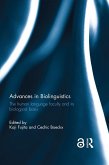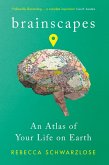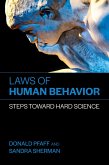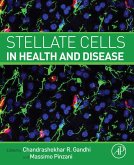A concise, elegant, and thought-provoking exploration of the mystery of consciousness and the functioning of the brain.
Despite decades of research, remarkable imagery, and insights from a range of scientific and medical disciplines, the human brain remains largely unexplored. Consciousness has eluded explanation.
Nineteen Ways of Looking at Consciousness offers a brilliant overview of the state of modern consciousness research in twenty brief, revealing chapters. Neuroscientist and author Patrick House describes complex concepts in accessible terms, weaving brain science, technology, gaming, analogy, and philosophy into a tapestry that illuminates how the brain works and what enables consciousness. This remarkable book fosters a sense of mystery and wonder about the strangeness of the relationship between our inner selves and our environment.
Despite decades of research, remarkable imagery, and insights from a range of scientific and medical disciplines, the human brain remains largely unexplored. Consciousness has eluded explanation.
Nineteen Ways of Looking at Consciousness offers a brilliant overview of the state of modern consciousness research in twenty brief, revealing chapters. Neuroscientist and author Patrick House describes complex concepts in accessible terms, weaving brain science, technology, gaming, analogy, and philosophy into a tapestry that illuminates how the brain works and what enables consciousness. This remarkable book fosters a sense of mystery and wonder about the strangeness of the relationship between our inner selves and our environment.
Dieser Download kann aus rechtlichen Gründen nur mit Rechnungsadresse in D ausgeliefert werden.

